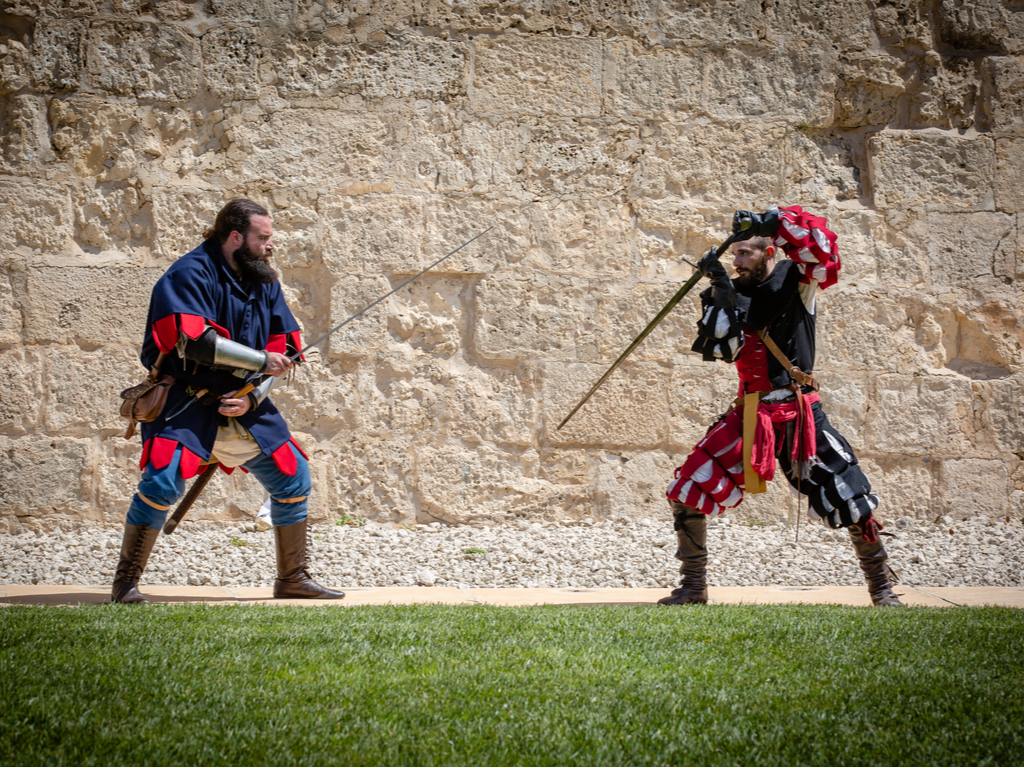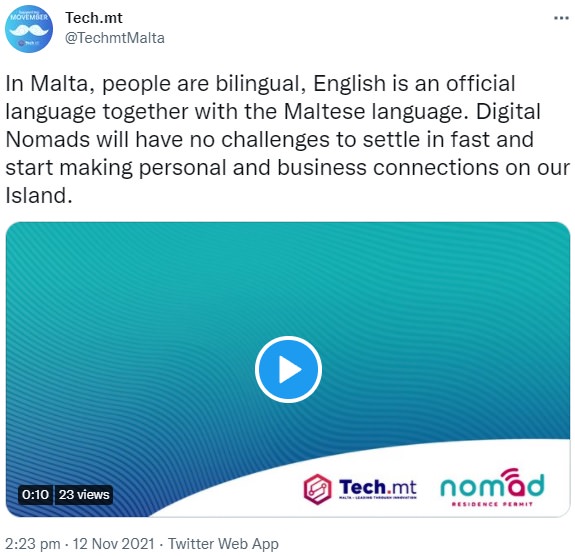Holidaying somewhere new is exciting, especially if we can communicate in the . If you’re thinking of visiting , the good news is that almost all the locals speak , an official of the .
Outside of the business world, however, the other spoken by natives of this island archipelago, Malti, is proudly (and loudly!) Maltese. Being a very expressive , a will almost always articulate themselves at a high volume, usually accompanied by animated hand gestures.
Sole survivor of medieval Arabic dialects

Ultimately, the is unique, being the only written in and the only official of the Union. According to the Economist, the Maltese language is the sole survivor of the Arabic dialects spoken in Sicily and Spain in medieval times. The Maltese tongue has evolved over centuries, picking up words from its former rulers, which included Romans, Moors, Normans, the Knights of Saint John, French and British. Arabic, however, forms the core of the Maltese tongue.
Many people from Arabic-speaking countries, such as Morocco, therefore find easy to communicate in. For example, apart from saying zero instead of sifr, counting out loud in Maltese is virtually indistinguishable from Arabic.
is also a very Catholic . So if you’re the churchgoing type, you’ll hear typically hymns sung in a hauntingly Arabic-sounding fashion. To hear it for yourself, consider attending a mass at the Rotunda of St John the Baptist in Xewkija, Gozo, a truly spectacular setting.
Greetings from Malta
greetings like bonġu and bonswa (bonjour and bonsoir respectively in French) and and expressions such as ‘thank you’ or grazzi (grazie in ), have practically replaced their original Maltese equivalents.
The reason for ‘s colourful is mostly down to its strategic location in the centre of the . This has placed the at heart of some of world’s most pivotal historical events, including the wars between Greece and Troy, Rome, Phoenicia and Carthage, and Christians and Moslems. The islands also experienced first-hand the rise and fall of Napoleon and of the British Empire, with both colonial powers ruling in the past.
As such, 95% of ‘s population of approximately 493,000 are Maltese and descend from ancient Phoenicians, with a lot of and Greek influences. After the British arrived to rule in 1800, the Maltese quickly absorbed the . Today, some 88% of the speak fluently. In , is the written form of legal documents. Both and Maltese are mandatory academic subjects in schools and there is a large community (1.6%) of British expats in .
The government of Malta and the country’s chamber of commerce took to Twitter via Tech.mt to share the islands’ bilingual attractiveness, especially for digital nomads wishing to settle in Malta:
The is also popular in , with 66% of islanders conversant. Seventeen percent of the population speak French.
Strange-looking characters
Many visitors reading street signs and advertising billboards in get struck by some of the strange-looking characters of the , such as Ċ, Ġ, GĦ, Ħ, IE and Ż. Taking the third character of the alphabet as an example, the c with a little dot on it, the correct pronunciation is “ch”, as in the “church” or “cherries”. Examples of these in Maltese are ċirasa [cherry], kaċċa [hunt], and ċatt [flat].
Maltese is considered one of the hardest languages in the world to learn. This however doesn’t mean its impossible. There are many free courses for those who want to learn, which is why you’ll find the odd Chinese takeaway owner bantering happily with locals, or TV chefs explaining their recipes in fluent Maltese.
Rest assured, however, if you can speak passably well, you’ll still get on famously with people in . To whet your appetite, why not discover more about Malta’s culture and its heritage?

